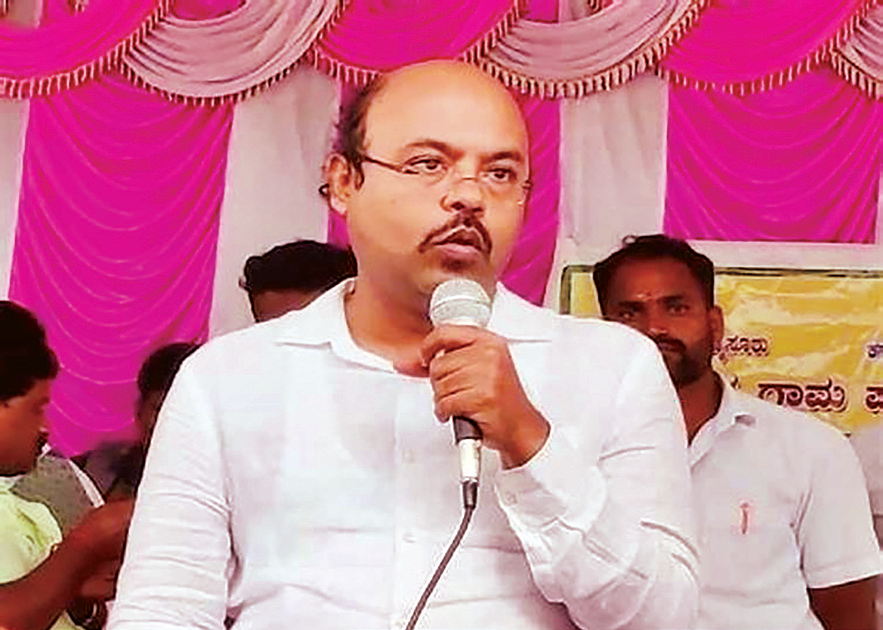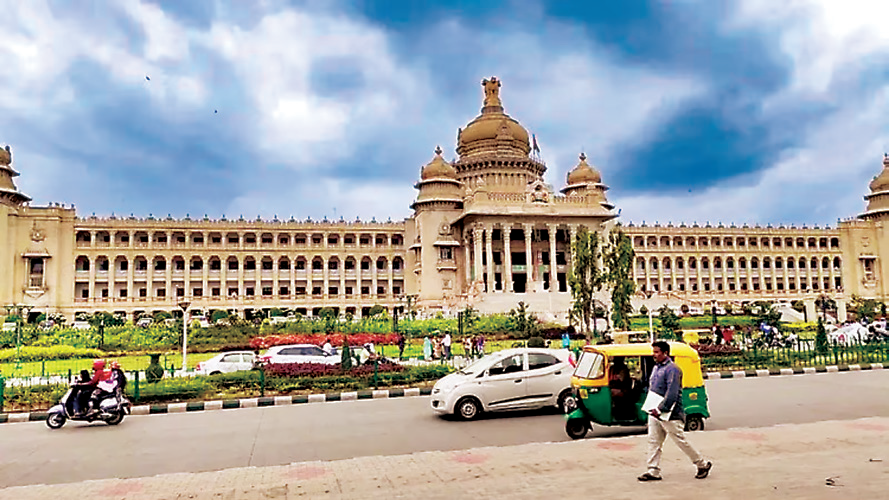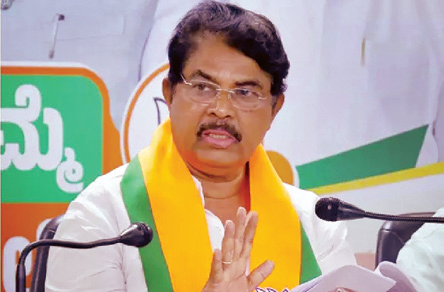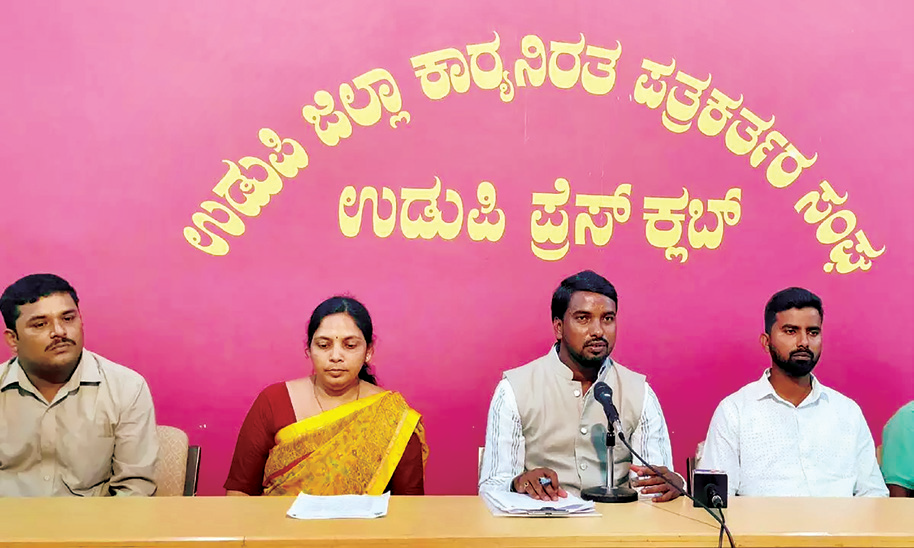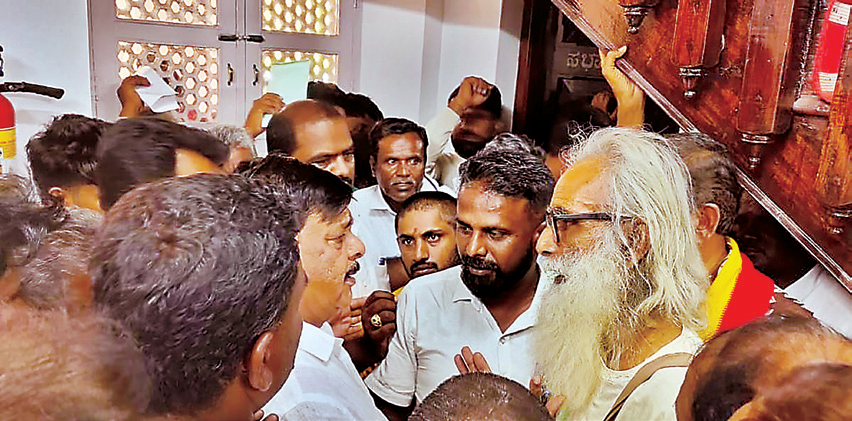
Siddaramaiah’s 100 days as CM
Umar Sharieef | NT
Bengaluru: Chief Minister Siddaramaiah will be completing a hundred days in office on Monday.
He took charge as the CM on May 20, a few days after the Assembly election results and amid huge expectations.
The Congress party led by him and party state president DK Shivakumar won an overwhelming 135 seats, comfortably crossing the majority mark while restricting the BJP to only 66 seats.
The Congress strongman, in what is assumed to be a U-turn by political experts, took oath as CM in the name of God, in contrast to his previous oath-taking ceremony as CM in 2013, where he pledged himself to the truth.
By allowing the police department the full freedom to take stern action against moral policing in the state and by coming down on the spread of fake news ahead of the Lok Sabha election, Siddaramaiah is no doubt doing his best to walk the talk.
The CM has also ensured the implementation of three of the five poll guarantee schemes while promising to fully implement the remaining schemes within a year.
Free bus rides for women and transgenders, free 200 units of power to households, and Anna Bhagya are the poll-promises the Congress government has implemented in the first hundred days.
The free power and Anna Bhagya schemes came in for criticism from the opposition after the Congress government implemented a simultaneous hike in power tariff and also provided cash-in-lieu of Anna Bhagya grains after the BJP led Union government refused to provide rice to the state.
Besides, the state budget turned out to be a huge balancing act for Siddaramaiah who handles the finance portfolio.
The CM who in the past has presented revenue surplus budgets, could not do it this time and had to resort to additional borrowing.
Political experts contend that Karnataka, unlike Tamil Nadu, didn’t form an Economic Advisory Council, which they claimed was a mistake by the Congress government.
In the midst of this, Siddaramaiah also faced disgruntlement from his MLAs who sought more funds for thier constituencies and a proactive approach by ministers.
Political Science professor at Mysuru University, Muzaffar Assadi, in a previous interview with News Trail had said that disgruntlement is part of governance.
“The dissatisfaction was due to the absence of funds for the constituencies which led to stopping of development work and left the MLAs worried. The government no doubt lacks funds which is why it has halted the remaining schemes”, he felt.
While the CM’s move to appoint 12 new faces as ministers who have no prior experience, proved his level of confidence, his move to scrap the Anti-cow slaughter Act earned him criticism from pro-HIndutva activists.
Speaking to News Trail, Congress Minister N A Haris, had assured that the government will repeal the Anti-cow slaughter law. But it has no doubt adopted a cautious approach on the sensitive subject maybe because of the approaching Lok Sabha election, experts say.
 English daily published in Bengaluru & Doha
English daily published in Bengaluru & Doha

